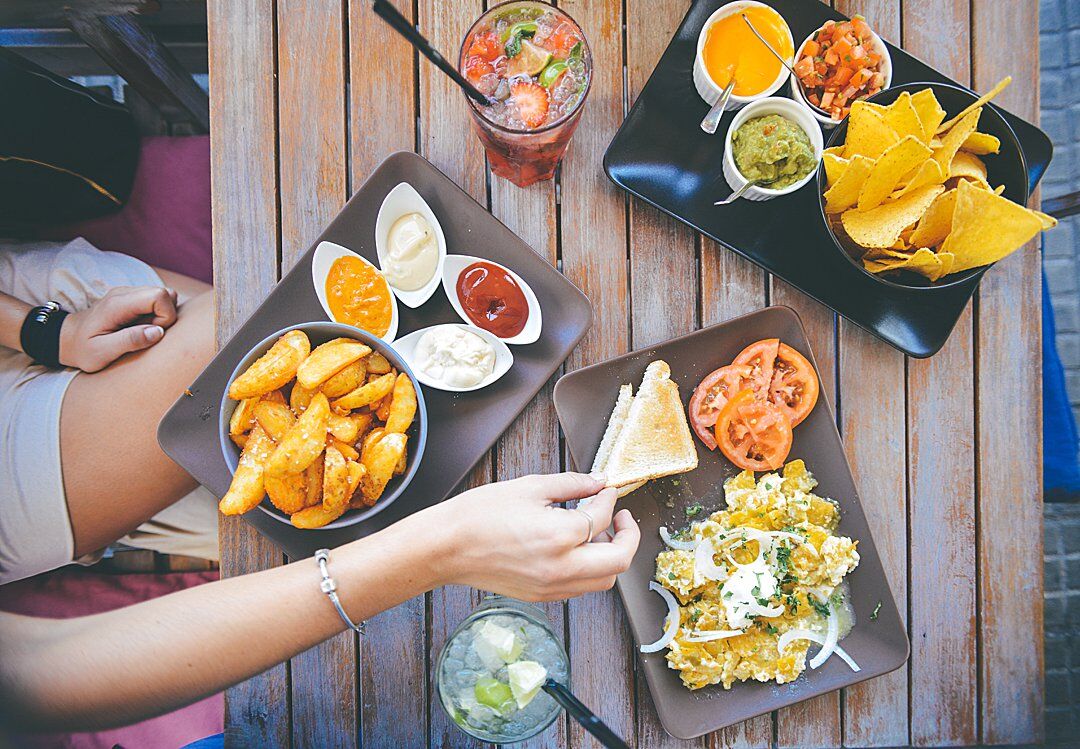|
Common Misconceptions when Purchasing Food
 |
By Clint Elkins, Vice President of Sales
SB Value
Food has always been a cornerstone of special events, but we are now in the age of culinary innovation as the demand increases for unique and memorable cuisine. From plant-based diets culturally-inspired menus, today’s client is looking for fully personalized food that resonates with the overall theme of their event. For those in the catering field, it should come as no surprise that the quality of your dishes starts in the purchasing process.
However, all is not always as it seems when buying fresh ingredients that hits the mark for multiple clients. Let’s take a look at some of the common purchasing misconceptions and how to adjust your buying strategies accordingly.
Start with research
Just like stocking up your kitchen at home, the key to shopping smartly starts with a game plan. Consider the resulting meals you’re looking to create and assess what you need to buy to meet those needs. For example, will you need to source all organic ingredients? Or would it suffice to stick to the Dirty Dozen?
You must also ensure that you are purchasing enough of an ingredient — underbuying will leave you short in the kitchen, whereas overbuying can create undue waste. Be proactive and create a list of everything you need, pricing each item to ensure that it fits in your client’s budget. That way, if you see that the funds are tight, you can identify an area in which you can choose similar but more budget-friendly alternatives.
Focus on quality
In years past, there’s been special priority placed on quantity — clients would want as much food as possible for the best rate. Nowadays, we’re seeing more importance placed on the quality of food and with good reason! In general, society has become more aware of what they are consuming and how it’s sourced. As a result, demand for premium items has increased.
While you must deliver to the best of your abilities, it’s equally important to be mindful of balancing cost with value. Be sure that the high-quality items you are buying are worth the additional cost; otherwise, the budget may get out of hand so you must be mindful of the client’s needs along with the resources available.
Trust your gut
I often hear from food buyers that they simply go with whatever their supplier tells them. This can be dangerous — don’t assume that your supplier knows everything about what they’re selling, or even that they have your best interest in mind. Keep in mind that they will likely make decisions for their business, so be sure you are doing the same for your company.
Instead of relying on suppliers, ask yourself the important questions first. Do you need to buy your vegetables in bulk, or are there certain ingredients that you can buy in single packs? What grade of beef will you need for your menu? Are there cost-effective alternatives available? Don’t be afraid to ask for samples while shopping, and only purchase ingredients that you are satisfied with.
Shopping for culinary ingredients does not need to be a headache. All it takes is for some proactive planning and smart decision-making. Know what you’re looking for and take control of the purchasing experience — that’s the best way to deliver top-notch food to your clients each and every time.
Clint Elkins is the VP of Sales at SB Value, a group purchasing program designed to reduce catering, kitchen and food-service costs by leveraging the collective buying power of thousands of companies.
|